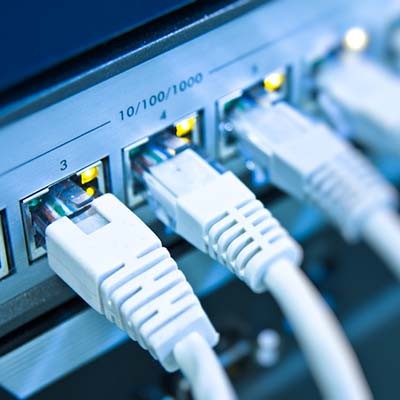The smartphone market is kind of a paradox. Here you have quite a few major manufacturers producing phones in a market that has seen a seven percent decline over the past year and a decline for each of the past four fiscal quarters. It’s true that some of the companies that we’ve all been used to: HTC, Nokia, and Blackberry are bit players in a market that is dominated largely by Samsung, Apple, and companies that sell their products to developing mobile markets.
BNMC Blog
Smartphones and tablets are a double-edged sword for businesses: on one hand, they are a great money saver if an employee is willing to use their own for business purposes, but this does leave your business vulnerable in a few ways. Fortunately, if the benefits are something you’re interested in, these vulnerabilities are simple enough to shore up with something called mobile device management.
Even if coding isn’t your cup of tea, the knowledge of how to read it can be quite useful. Since the Internet is a thing with plentiful resources, there is no shortage of options for learning more about code. We’ll outline some of the best options for how to foster these skills and increase the knowledge you have on this topic.
Everyone loves cookies, but browser cookies take on a whole other definition in the computing environment. Do you know what browser cookies do, as well as what their purpose is? Today’s tech term is dedicated to cookies--they might not be delicious, but they do serve an important role within your organization.
Windows 10 might be one of the best Microsoft operating systems to come out in a while, but their latest policy regarding major Windows 10 updates is causing quite a stir in the technology industry. Specifically, the large update coming up this October could potentially cause major problems for your organization.
Maps are one of those very basic technologies that are always improving, starting as lines scratched into the ground and now living in our phones and giving us exponentially larger amounts of data. One of the first examples you may think of is Google Maps, which just got a few impressive updates that make the service even cooler.
The Internet has become an irreplaceable part of many business’ operations, which brings the thought into question of how much you rely on it for your daily duties. Technology has changed the way that the Internet works for the better, but there is one part of its operations that still lies at the heart of it: bandwidth.
Smart technology has been growing rapidly over the past few years. As a result, there have been many different companies popping up, trying to develop the next “big” thing. With technology becoming a hot button issue all around the world, and with a consumer base that increases by the day, today’s smart technology is seemingly just the tip of the iceberg. Today, we will look at three industries in which smart technologies are making a big impact.
Wouldn’t it be convenient if your business could have web pages or applications read out text for you so that you don’t have to? While most would consider this a luxury, these screen reading applications are an everyday occurrence to those who are blind, visually impaired, or have a learning disability. Even if you don’t have anyone in your office who needs screen reading, it can’t hurt to be prepared for a day when you might.
The Internet is a valuable tool that can be accessed through a wired connection and wirelessly via Wi-Fi, but the devices that offer these connections can be somewhat complicated and difficult to understand. If you don’t know which device does what, you’re in for a treat--today’s tech term will examine the differences between the modem and the router.
Smartphones are the predominant mode of communication, as well as now being the devices most used to access the Internet. With so much depending on the modern smartphone, it has become one of the largest, and most competitive, markets of any consumer item. As a result, manufacturers are building devices with software that is able to encrypt the phone against unauthorized access.
Social media might make it easy to stay connected, but it comes with a lot of negative side-effects--particularly in regard to security for both personal and professional use. If social media isn’t used properly, it could spell trouble for your organization. How can you foster proper social media usage so that your organization doesn’t suffer from poor security practices? It all starts by spreading awareness.
When security and efficiency are some of the biggest benefits to updated information technology, it sounds that IT is something that a governing body should prioritize internally. However, many governments have trouble doing so, oftentimes to their own detriment. Why is that, and what can a business learn from this phenomenon?
There is no understating the importance of strong, reliable passwords to your organization’s network security, especially to protect its wireless connection. However, this can create some friction with your staff when they try to connect to Wi-Fi using their mobile device. To make accessing the Internet easier, scannable QR codes can be used to connect to the Internet.
IT is filled with jargon and terms that are likely to bamboozle someone without hands-on experience with the solutions that power a business. One such term is network attached storage, or its shorthand, NAS. Today, we’ll examine this tech term to learn more about it, and what influence - if any - it should have on your business.






















